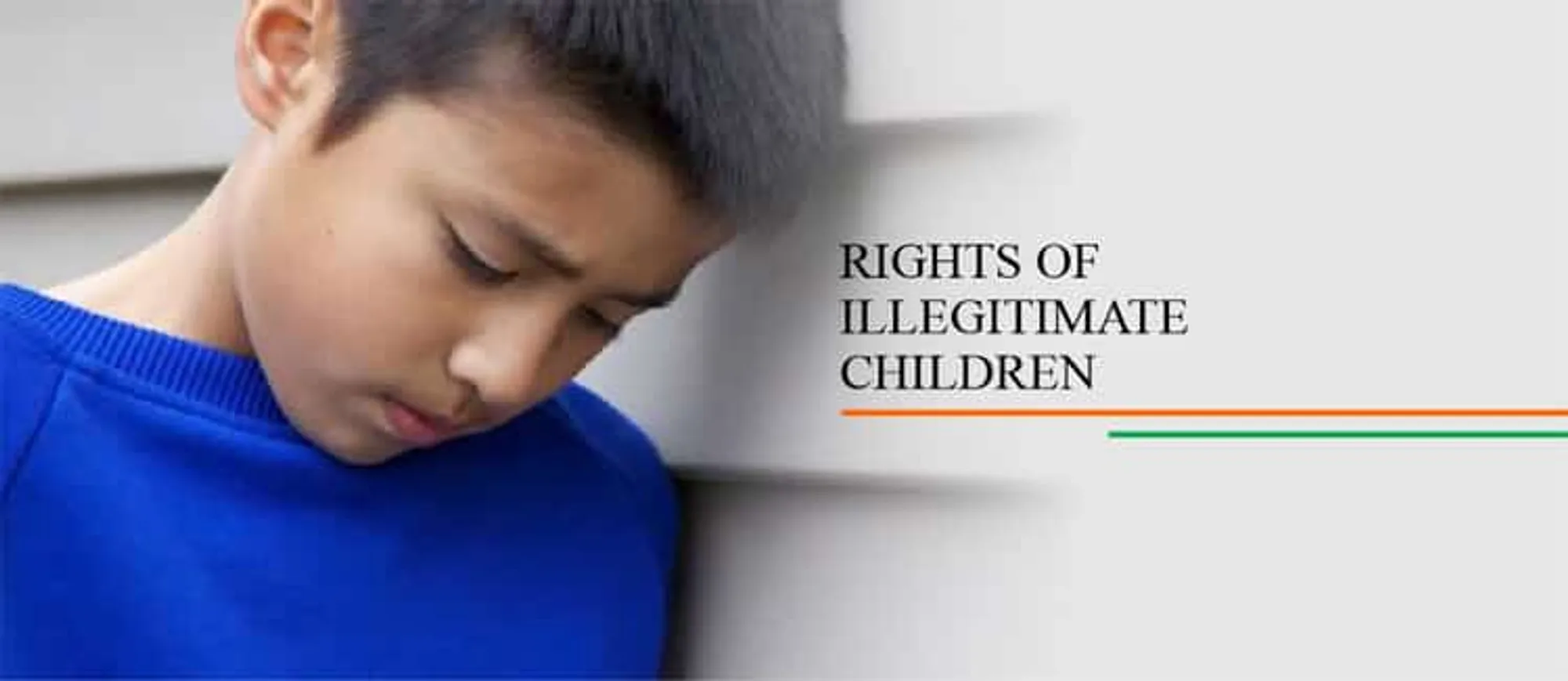No words are associated with as much contempt as the words bastard and bastardry. However, with the advent of technology and social reforms, there has been a lot of improvement in this situation. Earlier all children born out of Void and Voidable marriages under Sec 11 and 12 of the Hindu Marriage Act were illegitimate and had no property rights. However, with the Marriage Laws (Amendment) Act, 1976 amended Sec 16 of the HMU, and now, all the above-mentioned children are deemed legitimate.
JINIA KEOTIN V KUMAR SITARAM MANJHI [(2003) 1 SCC 730]
In this case the Supreme Court said, ‘Section 16 of the Act while engrafting a rule of fiction in ordaining children, though illegitimate, to be legitimate, notwithstanding the marriage was Void or Voidable, also chose to confine its application, as far as succession or inheritance by such children are concerned, to the properties of the parents only.’ Hence, such children are entitled to the self-acquired property, or the ancestral property passed to them by the parents, but not the property of the Hindu Joint Family.
S PS BALASUBRAMANYAM V. SRUTTAYAN [AIR 1992 SC 756]
The Apex Court held that if a man and a woman are living under the same roof and cohabiting for a number of years, they will be presumed to be living as husband and wife, under Sec 114 of the Indian Evidence Act, and a child born out of this relationship will be legitimate. Although, this shouldn’t be a ‘walk in and walk out’ relationship.
MUSLIM LAW
Illegitimate children have no rights to inherit from their fathers, however, under the Hanafi law, the mother and her illegitimate children have mutual rights of inheritance. They also have a claim on the property of all other relations of his or her through the mother. It also does not confer the right of maintenance on the illegitimate child, although the Hanafis do recognise the obligation to nurture the child till the age of 7 years. But such children can only seek remedy under Sec 125 of the Code of Criminal Procedure.
CHRISTIAN LAW
The Indian Succession Act covers the property rights of Christian children. The term ‘child’ in the act does not include illegitimate children, and Sec 37 of the Act precludes such children from inheriting the property of the father. However, they are granted the right to maintenance under Sec 125 of the CRPc.
The Hindu law does provide sufficient protection to these children, but other personal laws are not so elaborate on the subject. In the case of Revansidappa v Mallikarjuna&Ors, the Supreme Court expressed its sympathy for such children. Upholding the constitutional validity of Sec 16(3) of the HMA, the court held in ParayankandiyalEravathKanapravanKalliani Amma (Smt.) &Ors. v. K. Devi and Ors., [(1996) 4 SCC 76] held that the HMA, being a beneficial legislation, has to be interpreted in a manner, which advances the object of the legislation, which was intended to make social reforms and confer social status on these children.

